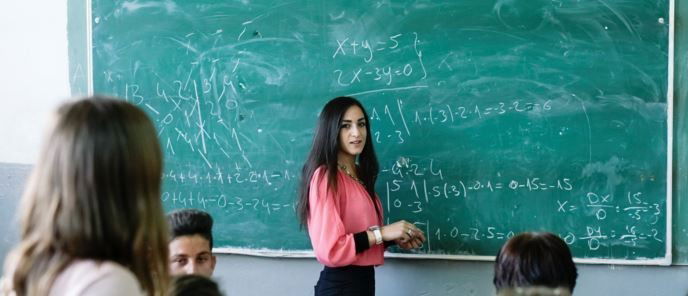Adapting to Feasible Means or Ends?: Educational Attainment & School-to-Work Conversion of Roma in Romania

Abstract
Education is one of the surest ways for individuals to expand their capability set and can even be inherently valuable. This paper questions the assumption that education is something that all “have reason to value” if it does not bring clear benefits but rather interrupts the pursuit of other valuable opportunities. This is a particularly salient trade-off for many desperately impoverished Roma. This statistical analysis reveals that, ceteris paribus, Roma have 77 percent lower odds of finishing eighth grade. Regardless of education, they have 57 percent lower odds of employment and two and a half times the odds of winding up in unskilled labor. Not only are Roma completing fewer years of schooling than non-Roma, they are less able to convert that schooling into gainful employment, forcing us to ask whether Roma might be exhibiting adaptive preferences not just regarding the feasibility of getting an education but regarding the ends of that effort.